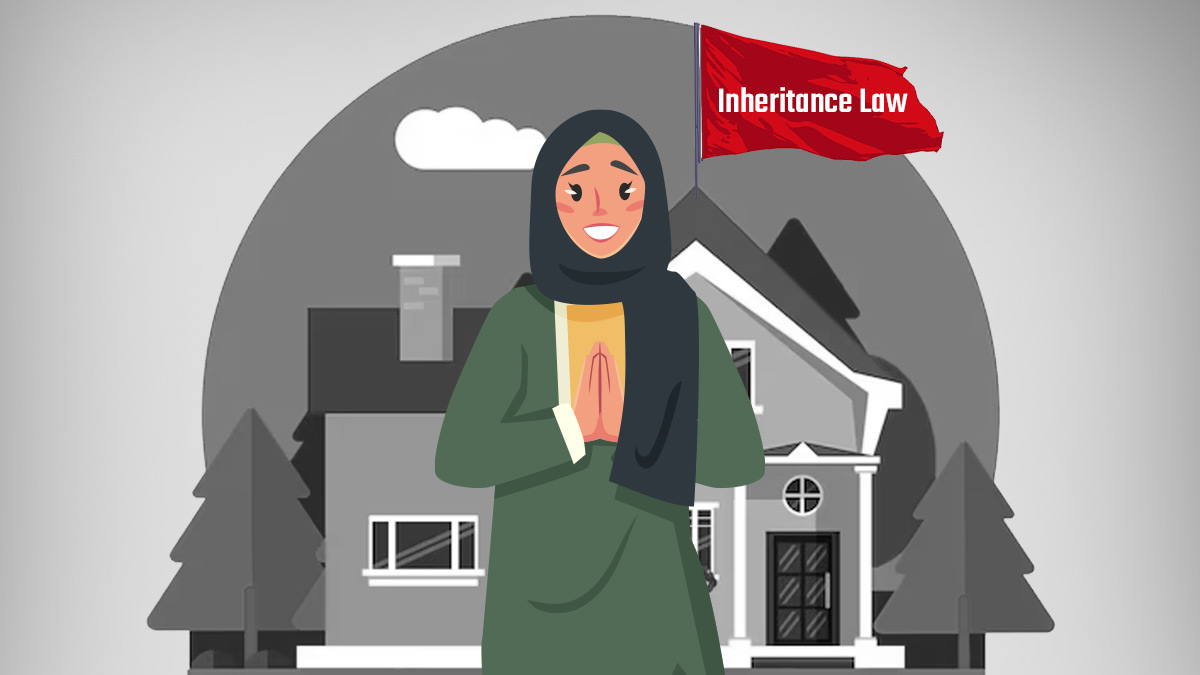
A few days back Muslim women in Kerala gathered to propose amendments to the laws of inheritance mentioned under Islamic laws. In India, inheritance varies from community to community, much like the marriage acts.
Recently, men as well as women, gathered in Kozhikode to discuss the injustices and inequality that Muslim inheritance laws possess against women and girls of the community.
Before we understand the amendments, we should know about the Muslim inheritance law. Therefore, we connected with Advocate Nitin Yadav, Practising Lawyer, Delhi High Court.

Advocate Yadav shared that the Muslim inheritance law does not distinguish between self-acquired and ancestral properties. A woman with kids is entitled to one-eighth of her deceased husband’s property, else one-fourth.
In case a couple dies while the parents are still alive, the kids cannot claim the property of their grandparents.
In case a piece of property is partitioned, a daughter is entitled to only half of the rights a son can claim. Thus, men can claim double inheritance than women just because of their gender.
Don't Miss: Know Your Rights Against Domestic Violence
The law came into force in 1937 under the Muslim Personal Law (Shariat) Application Act. It explains certain rights of women and their share in the family’s property.
Muslim inheritance law entitles a mother to claim the property left behind by her deceased son. She has the right over one-third of her son’s property if he is survived by kids, else she can only claim one-sixth of the portion.
Don't Miss: Raping The Daughters: Repulsive Reality Is Sadly Not Offending Us

About 300 men and women met in Kozhikode and discussed if the current laws are biassed toward men and offer them an undue advantage. Many had the ideology that amendments should be made considering modern times.
People have opined that the laws follow centuries-old traditional divisions between men and women. Therefore, they have appealed under the equality before the law that men and women be given equal rights under the Musliminheritance law. They have also requested to provide grandchildren right over the ancestral property in cases where parents are deceased and grandparents are alive becuase the kids are left with no financial support to get ahead in their life.
The Forum for Muslim Women’s Gender Justice concluded that the current Islamic lawsare regressive and unfair towards women. Though many people said that the division of property takes place not based on gender but on three criteria - considering the proximity of a person, settling liabilities and the position of heirs.
However, the reality remains that there is prominent discrimination between men and women. Many protesters said since women share equal financial responsibilities, they should have equal rights regarding the inheritance of it.
Also watch this video
Herzindagi video
Our aim is to provide accurate, safe and expert verified information through our articles and social media handles. The remedies, advice and tips mentioned here are for general information only. Please consult your expert before trying any kind of health, beauty, life hacks or astrology related tips. For any feedback or complaint, contact us at compliant_gro@jagrannewmedia.com.